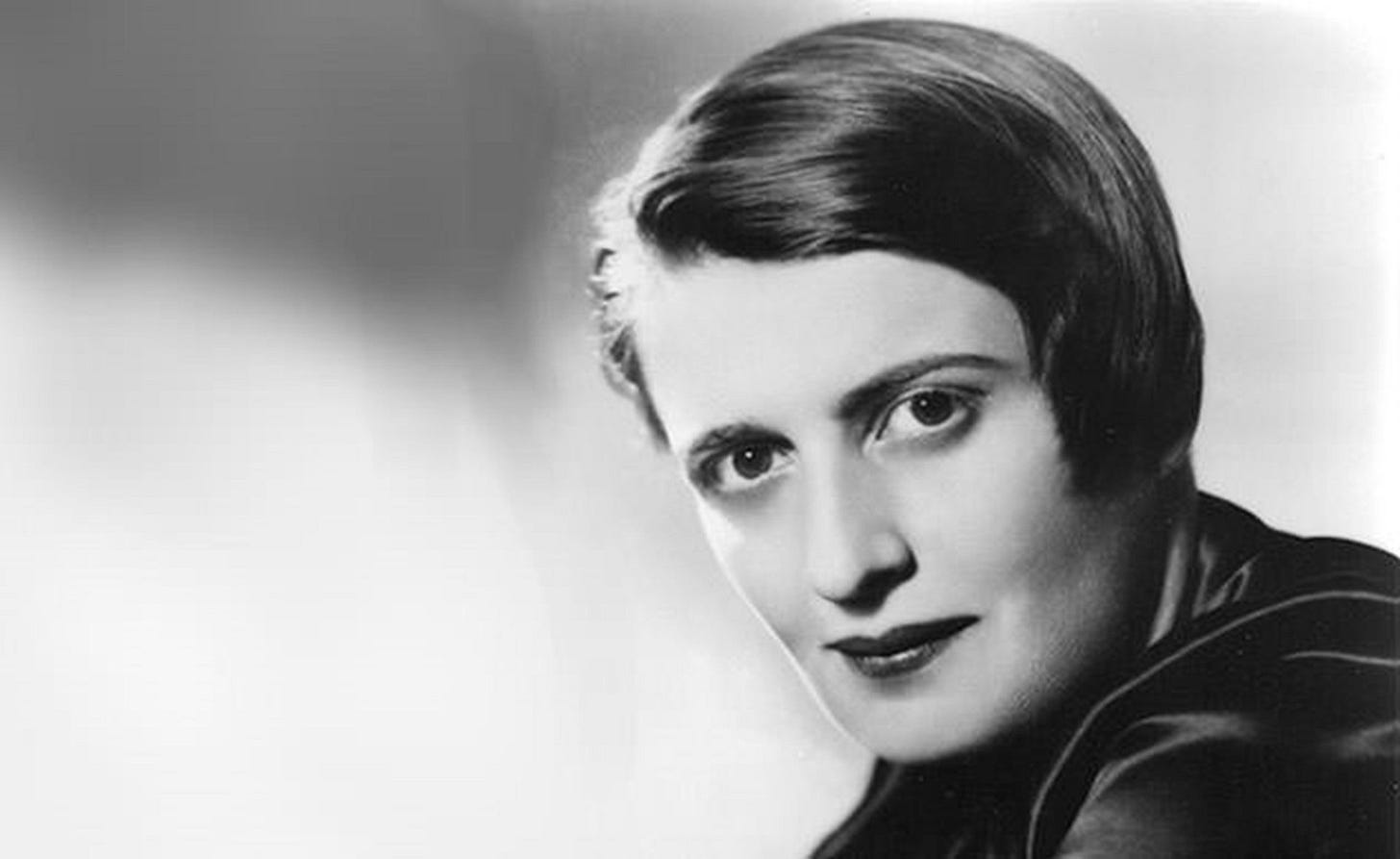Leftists as well as religious conservatives routinely misrepresent Ayn Rand’s ideas—often wildly so—and then mock the straw men of their own creation. Although one might have expected better from PJ Media, Andrew Klavan and Bill Whittle take the same approach in their recent PJ video.
Despite claiming to have read “all of Ayn Rand’s major works, and a lo…
Keep reading with a 7-day free trial
Subscribe to The Objective Standard to keep reading this post and get 7 days of free access to the full post archives.




